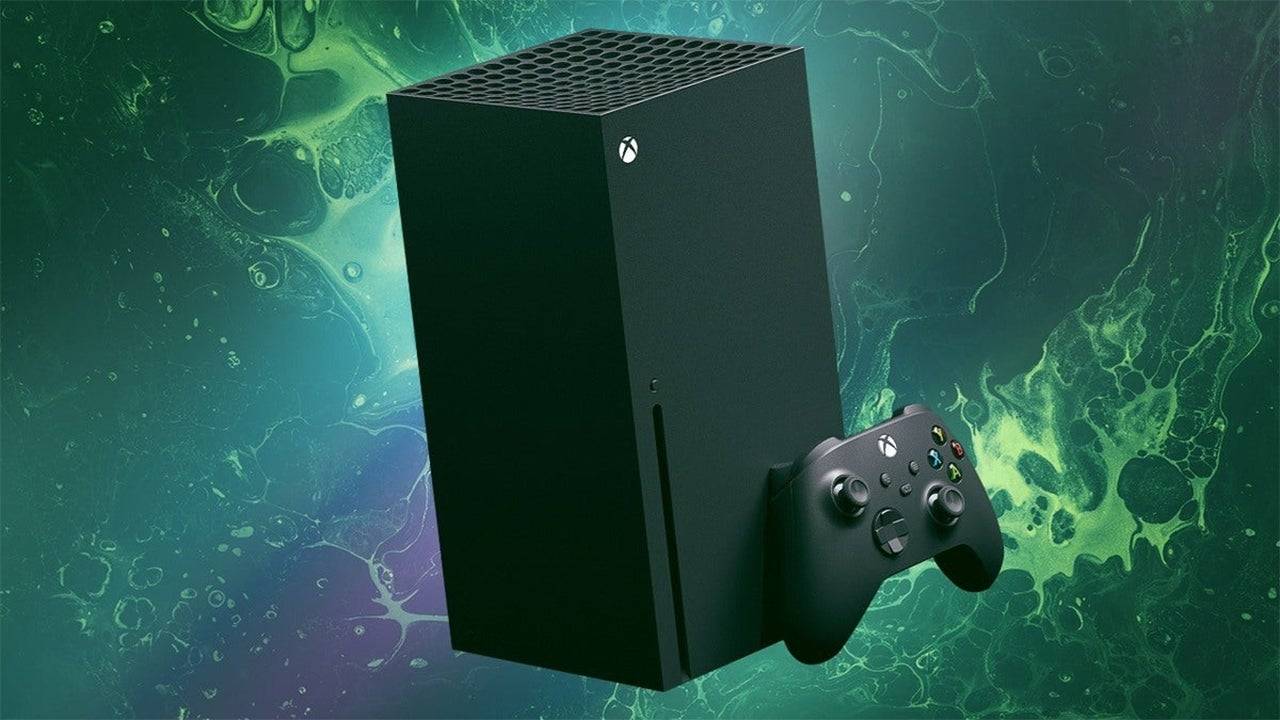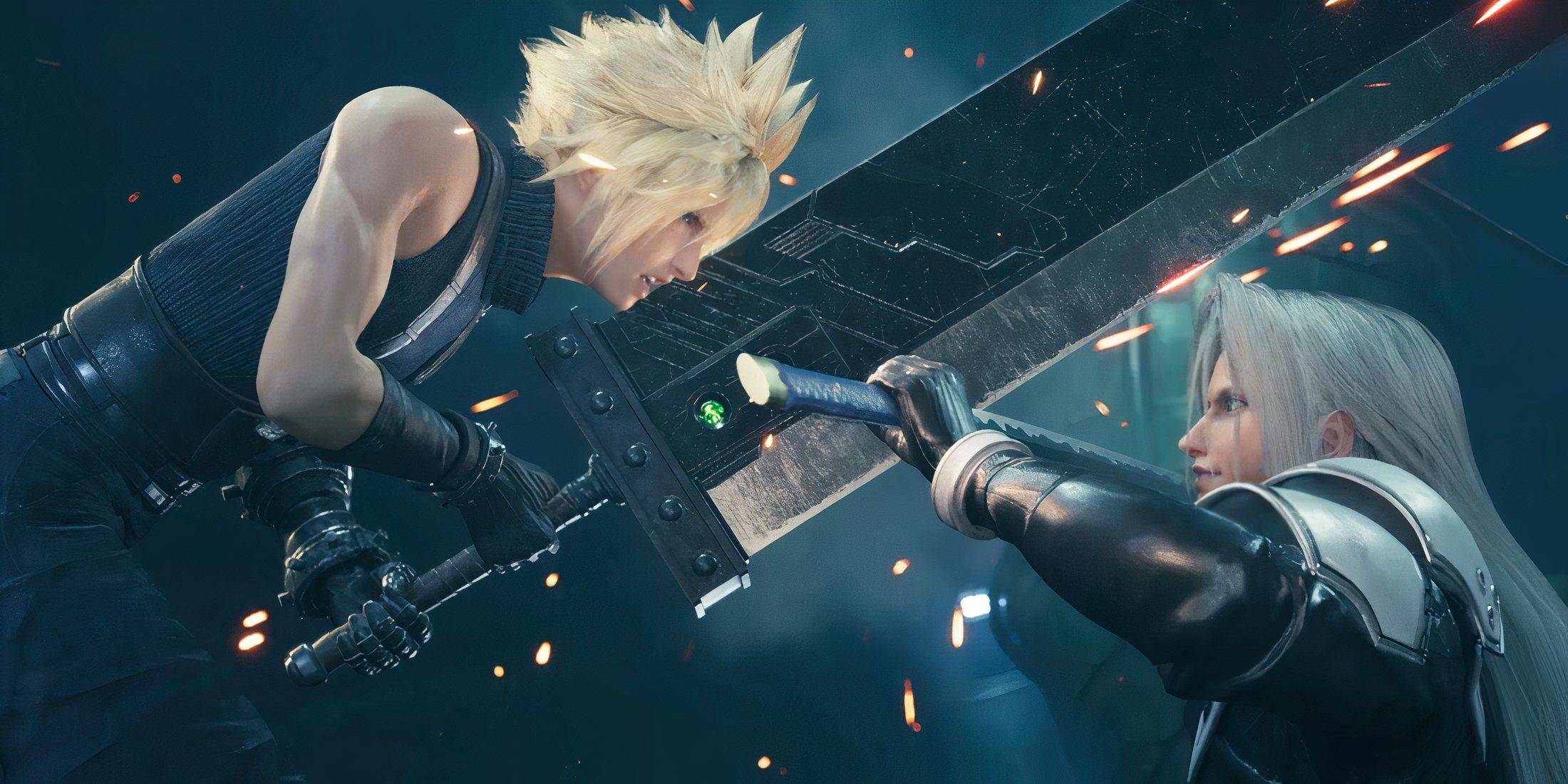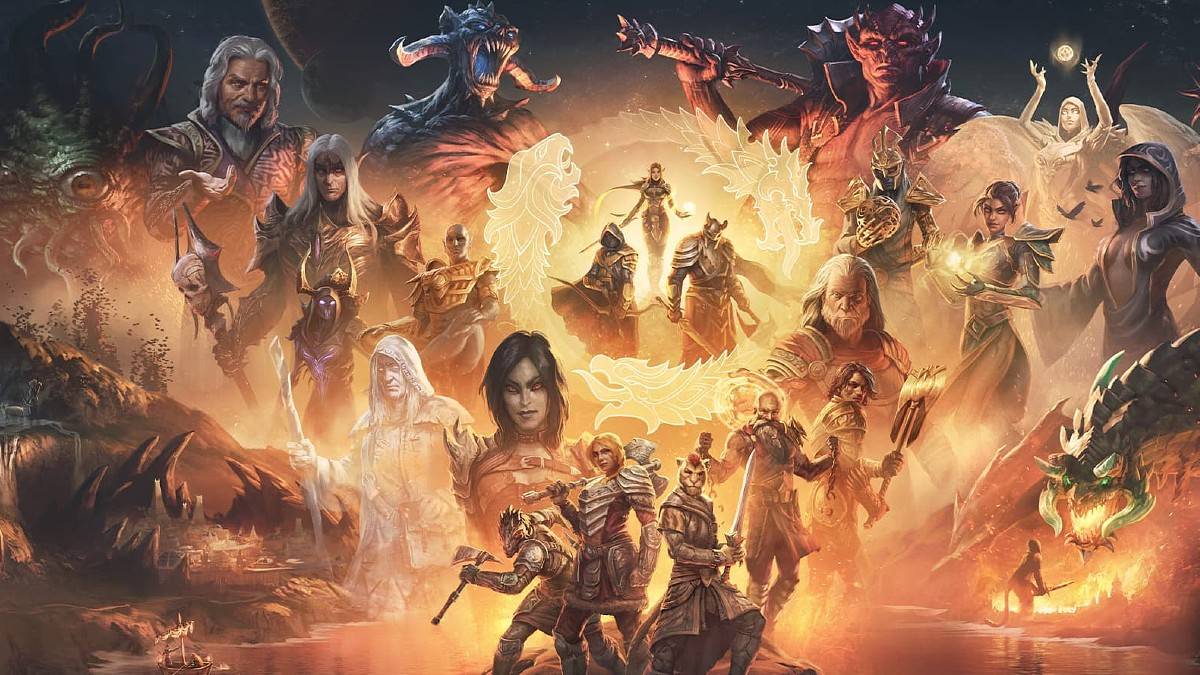The age-old debate between PlayStation and Xbox has been a staple of the video game world for decades. Whether you've engaged in heated discussions with friends, started a Reddit thread, or created a TikTok video on the topic, you've likely been part of this conversation. While some gamers swear by PC gaming or are devoted to Nintendo, the rivalry between Sony and Microsoft has shaped much of the last two decades of video game history. But has the so-called 'console war' truly reached its conclusion? The video game industry has undergone significant transformations in recent years, with gamers' habits, preferences, and options expanding rapidly, thanks in part to the rise of handheld gaming and the tech-savvy younger generations. The battlefield has evolved dramatically from its tribal origins, but has a clear winner emerged? The answer might surprise you.
The video game industry has become a financial powerhouse in recent years. In 2019, it generated $285 billion in worldwide revenue, which soared to $475 billion by last year. This figure surpassed the combined earnings of the global movie and music industries in 2023, which totaled $308 billion and $28.6 billion, respectively. The industry's growth shows no signs of slowing down, with projections estimating nearly $700 billion by 2029. This remarkable growth from its humble beginnings with Pong is a testament to the industry's dynamism.
Given this lucrative landscape, it's no wonder that Hollywood actors like Mads Mikkelsen, Keanu Reeves, Jon Bernthal, and Willem Dafoe have been drawn to video games in recent years. Their participation underscores the shifting perception of video games as a mainstream entertainment medium. Even giants like Disney are making significant moves into gaming, with a $1.5 billion investment in Epic Games during Bob Iger's second term, aiming to establish a strong gaming presence. However, not all companies are riding this wave of success equally, as Microsoft's Xbox division seems to be facing challenges.

The Xbox Series X and S were designed to be a significant upgrade over the Xbox One, but their sales have not met expectations. The Xbox One has outsold the Series X/S by nearly double, and according to Mat Piscatella from Circana, the current console generation may have already peaked in sales. In 2024, the Xbox Series X/S sold less than 2.5 million units throughout the year, while the PlayStation 5 achieved the same sales figure in just the first quarter. Rumors of Xbox potentially closing its physical game distribution department and pulling out of the EMEA region further suggest that the company may be retreating from the console market.
Microsoft has seemingly acknowledged this struggle. During the Activision-Blizzard acquisition process, it was revealed that Microsoft believes the Xbox division never had a real chance in the console war. With the Xbox Series X/S struggling to match the sales of its predecessor and Microsoft openly discussing its challenges, the company is shifting its focus away from traditional console sales. Xbox Game Pass has become a central strategy, with Microsoft willing to pay substantial sums to include AAA titles like Grand Theft Auto 5 and Star Wars Jedi: Survivor on the service. This move indicates a pivot towards cloud gaming, as evidenced by Microsoft's 'This Is An Xbox' campaign, which redefines Xbox as an accessible service rather than just a console.
This shift in strategy extends beyond just cloud gaming. Rumors of an Xbox handheld device and Microsoft's plans to launch a mobile game store to compete with Apple and Google highlight the company's new direction. Xbox chief Phil Spencer has acknowledged the dominance of mobile gaming, which is shaping Microsoft's future strategy. The goal is clear: Xbox wants to be a brand that gamers can enjoy anytime, anywhere.

Why is Microsoft making this pivot? The video game console market is no longer the dominant force it once was. In 2024, out of an estimated 3.3 billion gamers worldwide, over 1.93 billion play on mobile devices. Mobile gaming has become the leading segment of the video game market, especially among Gen Z and Gen Alpha. The total market valuation for the video game industry in 2024 was $184.3 billion, with mobile games accounting for half of that at $92.5 billion—a 2.8% increase from the previous year. In contrast, console gaming's share was just $50.3 billion, a 4% drop since 2023. It's no surprise that Microsoft is looking to transform your phone into an Xbox.
This trend isn't new. By 2013, the Asian mobile gaming market was already significantly larger than the Western market, with South Korea and China leading the way. That year, mobile games like Puzzle & Dragon and Candy Crush Saga outperformed even the highly successful GTA 5 in terms of revenue. Looking at the 2010s as a whole, five of the highest-grossing games were mobile titles: Crossfire, Monster Strike, Honor of Kings, Puzzle & Dragon, and Clash of Clans. These games may not be the first to come to mind when thinking of the decade's biggest hits, but their impact on the industry is undeniable.
Mobile gaming isn't the only factor drawing attention away from consoles. PC gaming has also seen significant growth, with an increase of 59 million new players each year since 2014, reaching 1.86 billion in 2024. The rise was particularly pronounced in 2020, with an additional 200 million players due to the COVID-19 pandemic. Gamers have become more technologically savvy, learning from online communities about building powerful PCs and optimizing hardware. Despite this growth, the PC gaming market's global share in 2024 was $41.5 billion, still trailing behind consoles by $9 billion, according to Netzoo's 2016 report. This suggests that while PC gaming is on the rise, it's not yet poised to overtake consoles.

Turning to PlayStation, Sony's position in the console war is much stronger. The latest quarterly earnings report shows that Sony has sold 65 million PS5s, significantly outpacing the combined 29.7 million sales of the Xbox Series X/S. For every Xbox Series X/S sold, five PS5s are purchased. Sony's Game and Network Services saw a 12.3% increase in profits, driven by strong sales of first-party titles like Astro Bot and Ghost of Tsushima Director’s Cut. Analysts predict that by 2029, Sony will have sold 106.9 million PS5s, while Microsoft expects to sell between 56-59 million Xbox Series X/S units by 2027. To regain competitive ground, Microsoft would need to close the 5:1 sales gap, significantly increase unit sales, and boost the profitability of its exclusives. However, current projections do not support a favorable outcome for these goals.
Despite its success, the PS5 faces its own challenges. Half of PlayStation users are still playing on PS4s, and of the top 20 best-selling games in the U.S. in 2024, only Marvel’s Spider-Man 2 is a true PS5 exclusive. Excluding remasters, there are only about 15 genuine PS5-exclusive games, which may not justify the console's $500 price tag for many consumers. The $700 PS5 Pro received a mixed reception, with many tech journalists feeling that the upgrade came too early in the console's lifecycle. The upcoming release of Grand Theft Auto 6 later this year could change this narrative, potentially showcasing the PS5's true potential.
So, is the console war over? For Microsoft, it seems there was never a belief in a chance to compete with Sony. For Sony, the PS5 is a success but lacks the groundbreaking exclusives to justify a significant leap forward. The true winner of the console war appears to be those who opted out of the traditional console battle altogether. With mobile gaming companies like Tencent rumored to be acquiring major studios and mobile gaming becoming increasingly crucial for companies' sustainability, the next five years of video gaming will be less about hardware power and more about the expansion of cloud gaming services. The console war may be over, but the mobile gaming war—and the myriad smaller conflicts it spawns—has just begun.



















